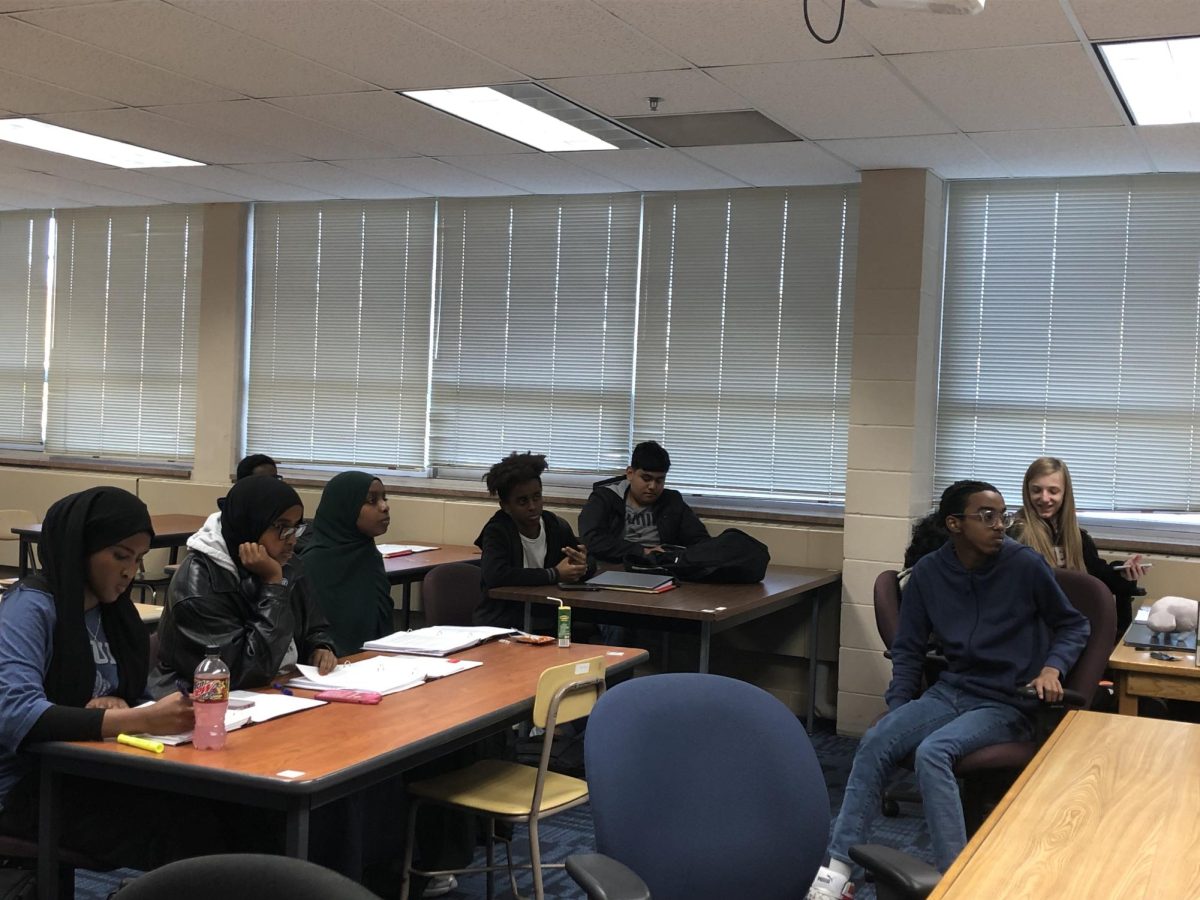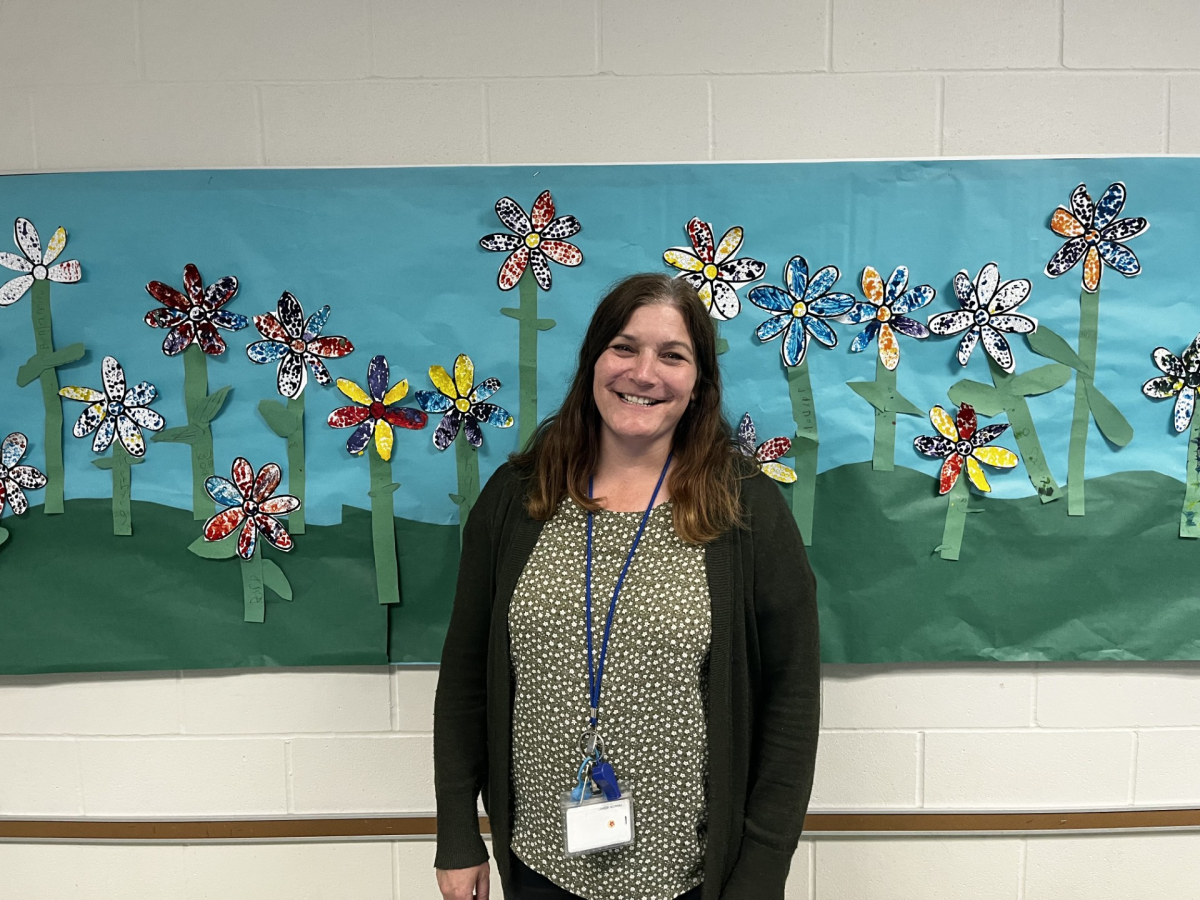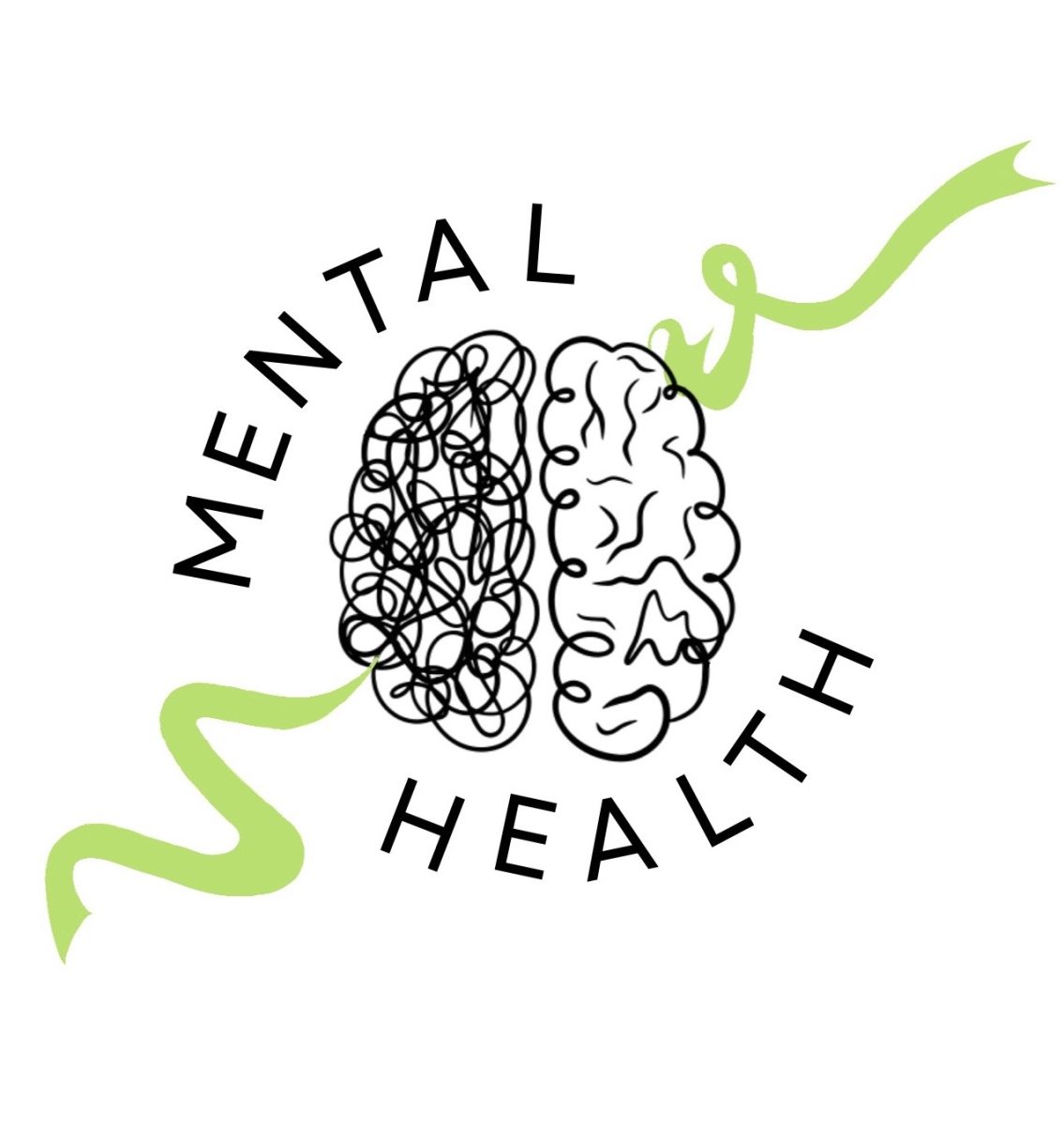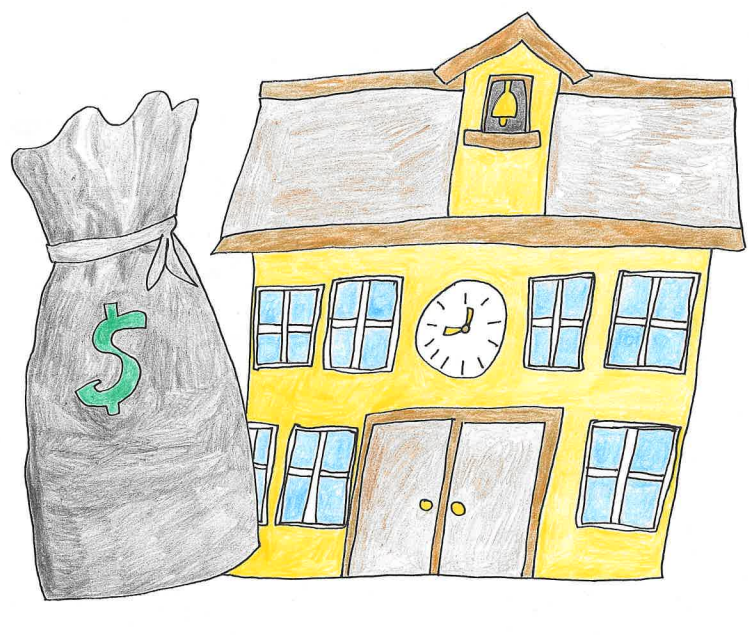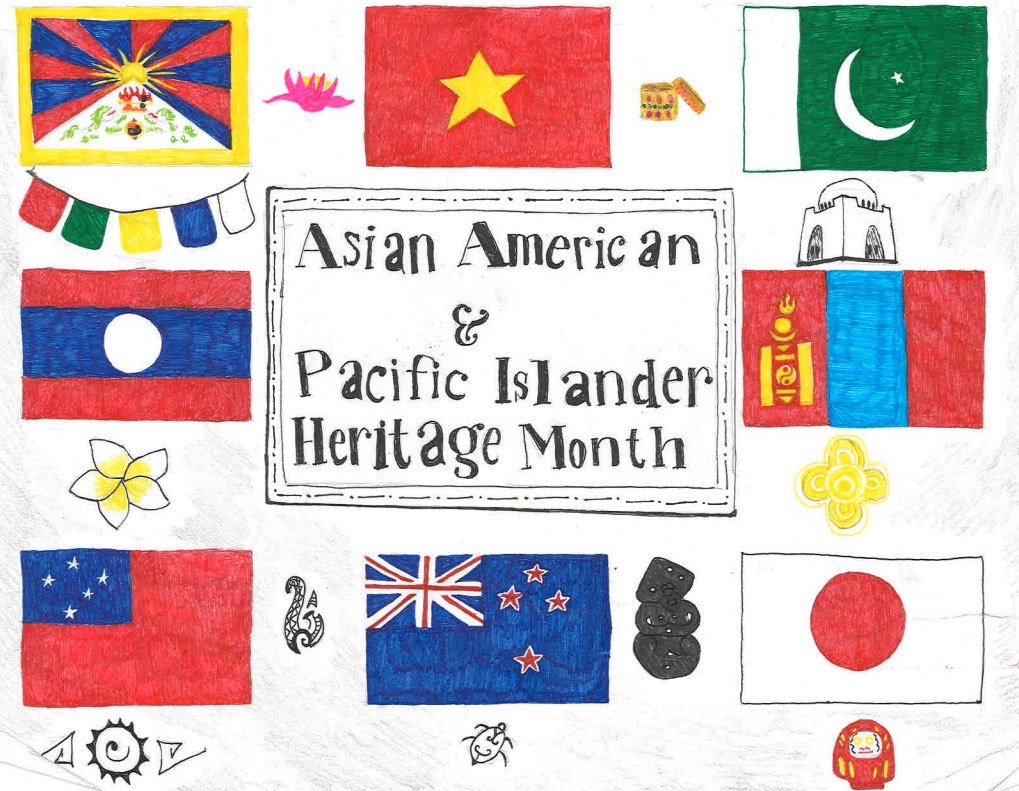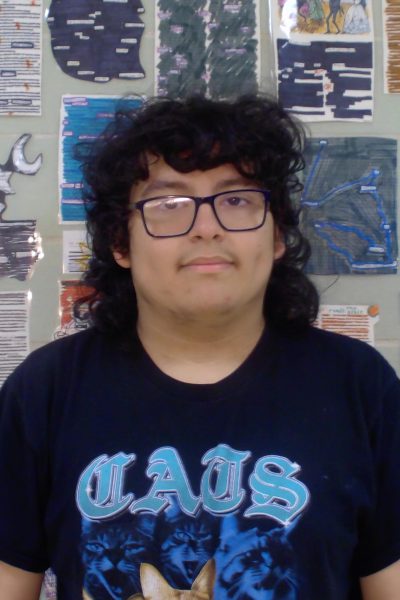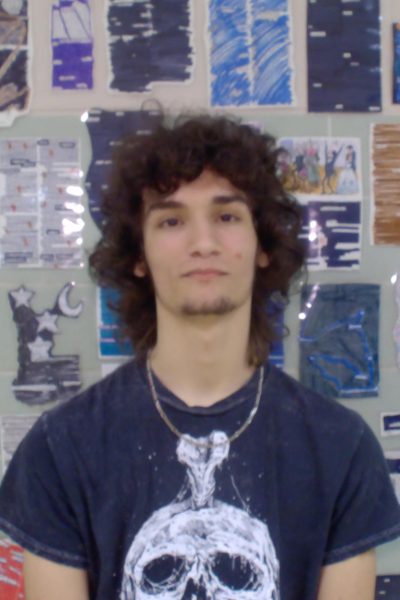The introduction of Mock Trial as an extracurricular activity to Columbia Heights High School (CHHS) has allowed another opportunity for students interested in potentially attending law school to learn a little bit more about the legal profession and take part in a “mock trial,” also known as a practice trial.
What is a Mock Trial? Malson LLP, the law firm behind Mock Trial at CHHS, is an organization that provides many learning options for young people interested in law. In 2016, Malson created another program called UPLIFT, which is a legal institute for teens at many schools in the Twin Cities area. Mock Trial, however, is a longstanding tradition that began at a high school in Iowa in 1984—an after-school program that looks into the criminal justice system and dissects the components of a criminal trial. After this, students will act out the trial using knowledge gained throughout the season and ultimately plead their case to an actual judge.
Mock Trial provides students opportunities to learn more about the aforementioned topics but also build up teamwork skills, as the group works together to strategize as a legal team presenting their case. If you are interested in law or just want to go to a trial to see if you liked the contents of the program, it’s a great choice for spending your free time. Mock Trial happens every Tuesday in room 105 unless stated otherwise.
“Mock Trial is a great opportunity to act out fictional court cases with real law students,” CHHS Mock Trial coach and second-year law student Emily Miranda said.“ It’s a very good chance to work on your public speaking and acting skills.”
Before the trial, there is preparation time to study the case and work with others to figure out how to present it in a manner that makes the judge and jury want to take your side when the verdict is being decided. Every little detail is important to consider. A helpful metaphor is to plant an idea into the judge and jury’s head that will grow into a seed that ends up germinating and sprouting as the Mock Trial team presents it. It is incumbent upon the students to remember that there are two different teams and each one
will tell a different story. An effective lawyer reads not only the team’s witness statements but the other teams as well to have an idea of what they may ask and be prepared for when it happens. Knowing all aspects of the trial itself is paramount too: objections, witness recollections, and knowing how to proceed in the midst of overwhelming evidence and motions are all key. Before the trial is easily the most important part of Mock Trial and it’d be wise to use it to grow both the team’s case and knowledge of the law.
The day of the trial finally arrives on January 6, when students work one last time with coaches and potentially a guest speaker to finalize their case. During the trial, teams can always request time from the judge to discuss as issues arise or adjustments to the presentation need to be considered. In the end, it’s up to the judge and jury to decide a verdict.
No matter if the team wins or loses, though, there is still something to be learned from all of this. Everyone who participates gets a certificate and walks out knowing what it’s like to act as a professional attorney. There’s also a chance of competing against other schools in another competition!
“Mock Trial is a really good [activity] for people who want to start in the law field,” Masno Jama (10) said. “It helps build practice for getting into a law major after high school. My first experience was fun because the coaches were inviting and ready to help me out through the steps of learning Mock Trial.”
An amazing opportunity for youth who are looking for a challenge or are interested in law, the program can be a deciding factor in whether or not somebody goes to law school after college. Students will have access to the knowledge and experiences of a second-year law student throughout the program and will feel like a lawyer when presenting the case to a real judge. Even if becoming a lawyer is not a life goal, everyone who takes part will still have some experience in the field of law in the U.S. legal system as well as public speaking, working as a team and so much more.


